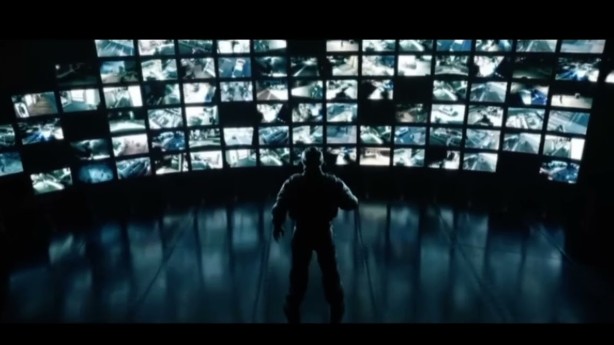
"The government is increasingly using mental health justifications, such as civil commitment laws, to detain individuals-especially the homeless and dissenters-without due process, replacing legal standards with subjective psychiatric evaluations."
"Historical and recent examples show how political opposition is being reframed as mental illness. Whistleblowers, veterans, and critics of government policies have been forcibly detained or labeled mentally unfit."
"A vast surveillance network-including AI-driven behavioral monitoring, biometric tracking, and wearable data-is being expanded under the guise of public health, enabling preemptive detention based on perceived risks."
The U.S. government is utilizing mental health laws to detain individuals, especially dissenters and the homeless, without due process. An executive order from former President Trump has been criticized for initiating a new form of political repression framed as addressing homelessness. The forced institutionalization of individuals is based on vague mental instability assessments rather than criminal behavior. Examples show how dissent is increasingly viewed as mental illness, reminiscent of Soviet tactics for silencing opposition. Additionally, surveillance technologies enable preemptive detention based on perceived risks rather than actual crimes.
Read at Natural Health News
Unable to calculate read time
Collection
[
|
...
]